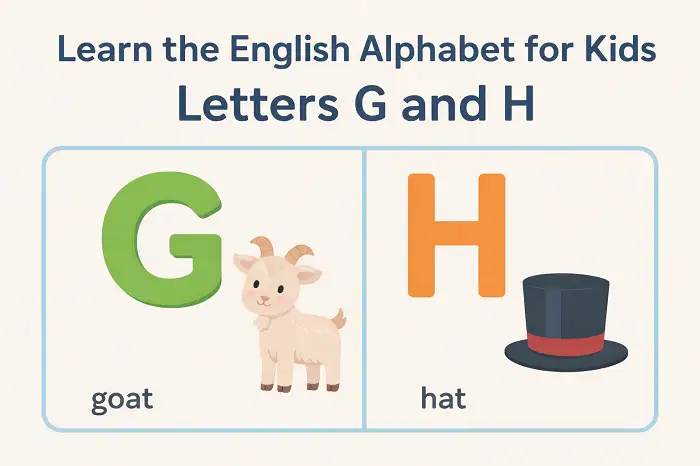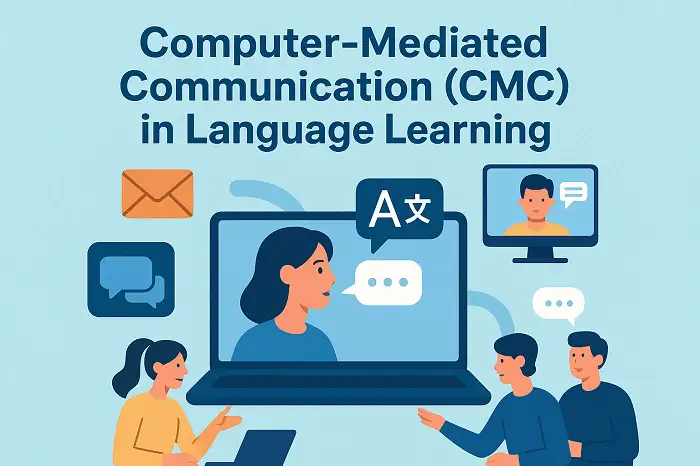Sensitive Period Hypothesis
Sensitive Period Hypothesis in comparison to Critical Period Hypothesis
The review can show that variation in studies and findings with regard to the age groups considered, nature of the pronunciation tests, and length and type of exposure to the second language. One conclusion drawn is that cerebral lateralization is likely to be irrelevant to mastery of accent-free speech in a second language, while age is a factor. Further research on adult second language acquisition is recommended, including examination of possible post-puberty psychomotor disadvantages, adult unwillingness to take risks, and identification with in- or out-groups through language proficiency. It is inferred that there is no innate psycholinguistic factor operating to prevent learning a second language with accent-free pronunciation as an adult, and that language teachers must attend to pronunciation accuracy as they would to accuracy in other aspects of language learning.

Bialystok claims that adults tend to extend existing categories (i.e. not notice small differences), while children notice differences and tend to create new categories accordingly. She suggests that this difference in cognitive style, rather than a critical or sensitive period, may account for why many people consider children to be superior in L2 learning.
Long proposes a neurophysiological explanation: exposure to more than one language before the close of the sensitive period and probably with no general cognitive correlate, conveys a lasting advantage on early L2 acquisition—an advantage that persists in adulthood. He further proposes that early richer linguistic exposure leads to the creation of more, and more complex, neural networks before synaptic sheaths harden as part of the myelination process, making new ones for new languages more difficult to create in older starters.



